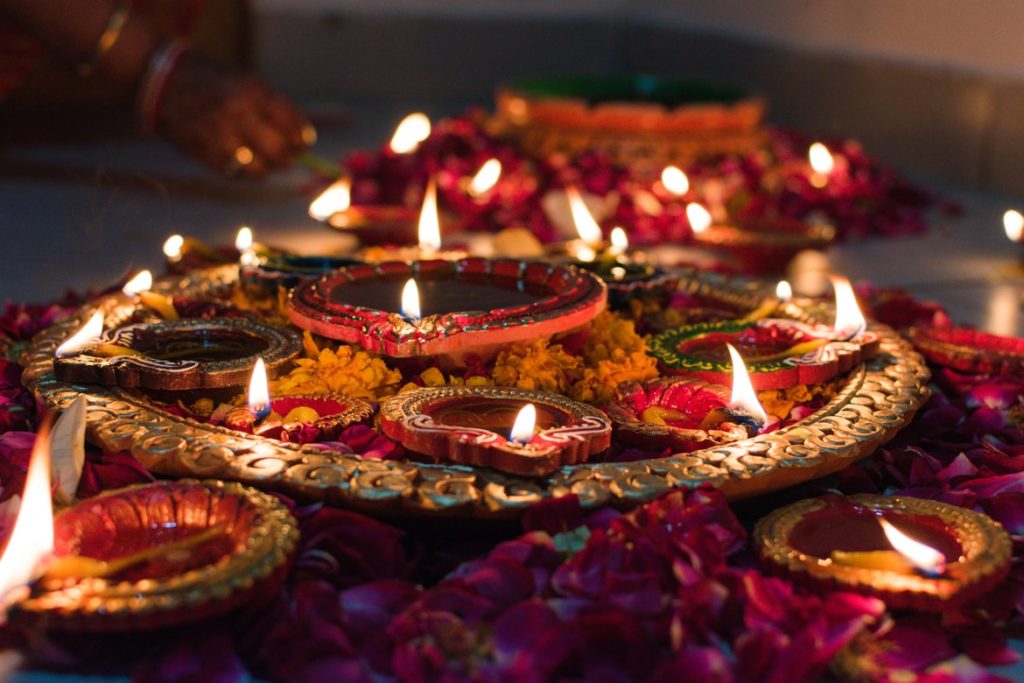
Culture, Caste and Diwali
“Though I was born a Hindu, I solemnly assure you that I will not die as a Hindu.” – Dr. B.R Ambedkar
The festival season is here. Festivals have been part of human society since time immemorial. Indian society, particularly caste-ridden Hindu society, has many festivals. Usually a time for celebrations, family get-togethers, delicacies, and rituals. What are the roots of these rituals? When these rituals get attached to all the fun, we must not forget one thing: these rituals are indeed Hindu rituals, or to be specific, Brahmanical rituals.
The caste system, which has organized Indian society for millennia, is thoroughly legitimated by and intertwined with Hindu religious doctrine and practice. Mind you, Dalits and the majority of Bahujans had been prohibited from setting foot inside Hindu temples for the past three thousand years. Not only that, many times, they are still denied entry to Hindu temples or are punished for entering.
For many generations, the dominant castes have succeeded in spreading stories and narratives to the masses, which keep the majority of Dalit-Bahujans following Brahmanical culture without even knowing what they are following and doing. All these Brahmanical narratives (which are exclusionary of Bahujans) have made such a psychological impact that people are bound to follow these rituals without knowing the casteist roots behind them.
Sociologist Antiono Gramsci tells us that there exists a ‘Dominant Culture’ in every society, which acts as a norm for the entire society. It achieves dominance by being perceived as pertaining to the majority of the population and being the superior culture.
The dominant culture of society (beliefs, rituals, values, and practices) reflects that of the ruling class, and it legitimizes the Social, Political, and Economic status quo. People from marginalized communities identify their own good with the ruling class’s good and help maintain the status quo rather than viewing it as a problem.
The culture of the dominant castes (aka. Savarna Castes) is considered the dominant culture of India, even by the Indian masses. The cultural practices, customs, rituals, beliefs and habits of the Upper Castes are seen as superior, and even the Bahujan castes placed lower in the caste hierarchy seek upward mobility by emulating the rituals and practices of the dominant or upper castes (this process is called as ‘Sanskritisation’).
For example, the rituals of most Hindu festivals such as Diwali, two purely Upper Caste Cultural elements, are seen as noble and desirable by the masses. So something as trivial as Diwali, a festival associated with celebration, family, and fun can still act as a vehicle to further the social position and interests of a select few social groups.
Author – Ambedkarite Marxist can be reached on Instagram at @ambedkarite_marxist




+ There are no comments
Add yours